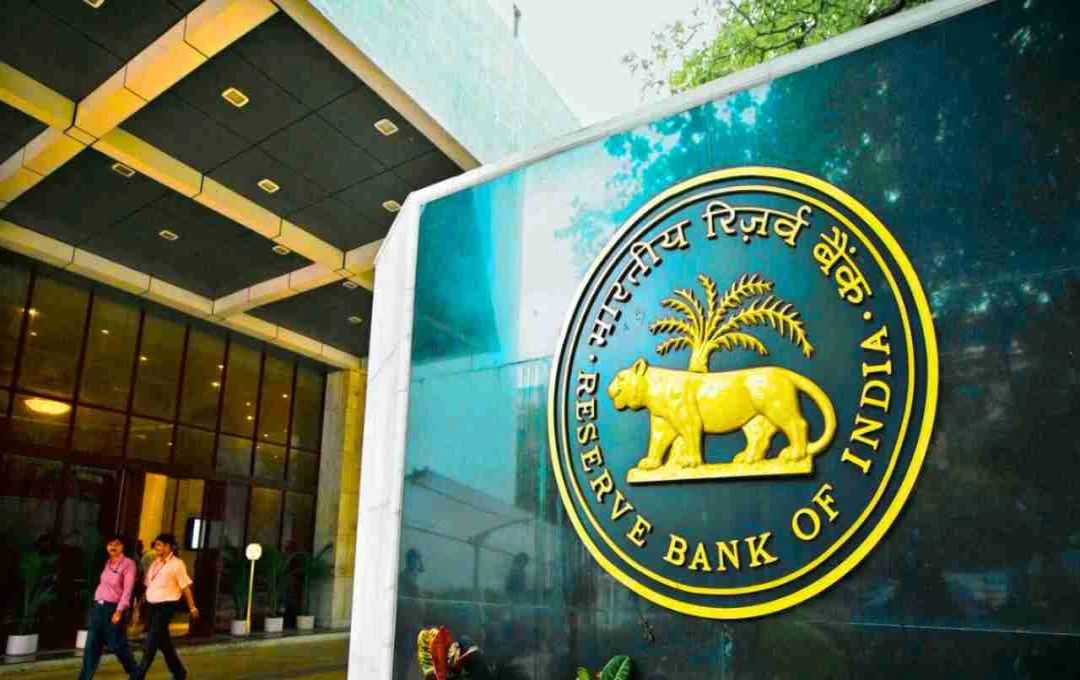The Reserve Bank of India (RBI) has made a significant and historic decision in the interest of businesses. Now, if a business has taken a loan at a floating rate and wants to repay it before the stipulated time, no pre-payment charge will be levied. This rule will come into effect from January 1, 2026. This move by the RBI will directly benefit lakhs of small businesses and the MSME sector.
Direct Impact on Banks and NBFCs
This decision by the RBI will impact all commercial banks, finance companies, and Non-Banking Financial Companies (NBFCs). They will no longer be allowed to arbitrarily charge pre-payment fees from their customers. This decision will apply to floating rate loans, i.e., loans whose interest rates change according to the market.
Problems Caused by Pre-payment Charges

It has been observed for many years that when a business owner or customer wants to repay a loan early, extra charges are imposed on them. Customers were confused by these pre-payment charges levied by banks and NBFCs, and delayed the process of repaying the loan. In many cases, companies also insisted that the customer should not repay the old loan by taking a loan from another bank.
Businesses Will Now Have Open Freedom
The RBI has clarified that now no financial institution can impose such charges at its discretion. The biggest advantage of this will be that if a company gets a loan at a lower interest rate from another bank, it can switch there without hesitation. This will reduce the debt burden and give businesses financial flexibility.
MSME Sector to Benefit the Most
The Micro, Small, and Medium Enterprises (MSME) sector will get the most relief from this decision. These small business owners usually take loans at floating rates from banks and NBFCs, but as soon as interest rates fall in the market, they are unable to take a new loan because of the fear of pre-payment charges on the old loan. Now, they will have the opportunity to take cheaper loans.
Expectation of Cheaper Loans Increased
With the implementation of this rule, competition in loan rates will increase in the market. Banks will now have to make their loan products more attractive because customers will be able to easily switch banks. This will increase the possibilities of cheaper loans throughout the market and will make it easier for small business owners to take loans.
Banks Will Not Be Able to Act Arbitrarily Now

Until now, banks and NBFCs had the freedom to impose heavy pre-payment penalties in the initial years of the loan. This forced customers not to repay the loan early, no matter how much money they had. Now, with this new guideline, banks and financial institutions will not be able to act arbitrarily and the rights of customers will be strengthened.
RBI's Intention: Decisions in the Interest of the Customer
With this step, it has once again become clear that the RBI's focus is not only on controlling the banking system, but also on protecting the interests of the customer. Earlier also, the RBI has, on several occasions, instructed banks and NBFCs to be transparent with customers.
The Loan System Can Change with the New Rule
Due to this new system, a major change will be seen in the entire process of giving and taking loans. While on the one hand, customers will get more freedom and convenience, on the other hand, banks and NBFCs will have to bring transparency in their policies. In the coming time, this change can set a new direction for India's loan system.














